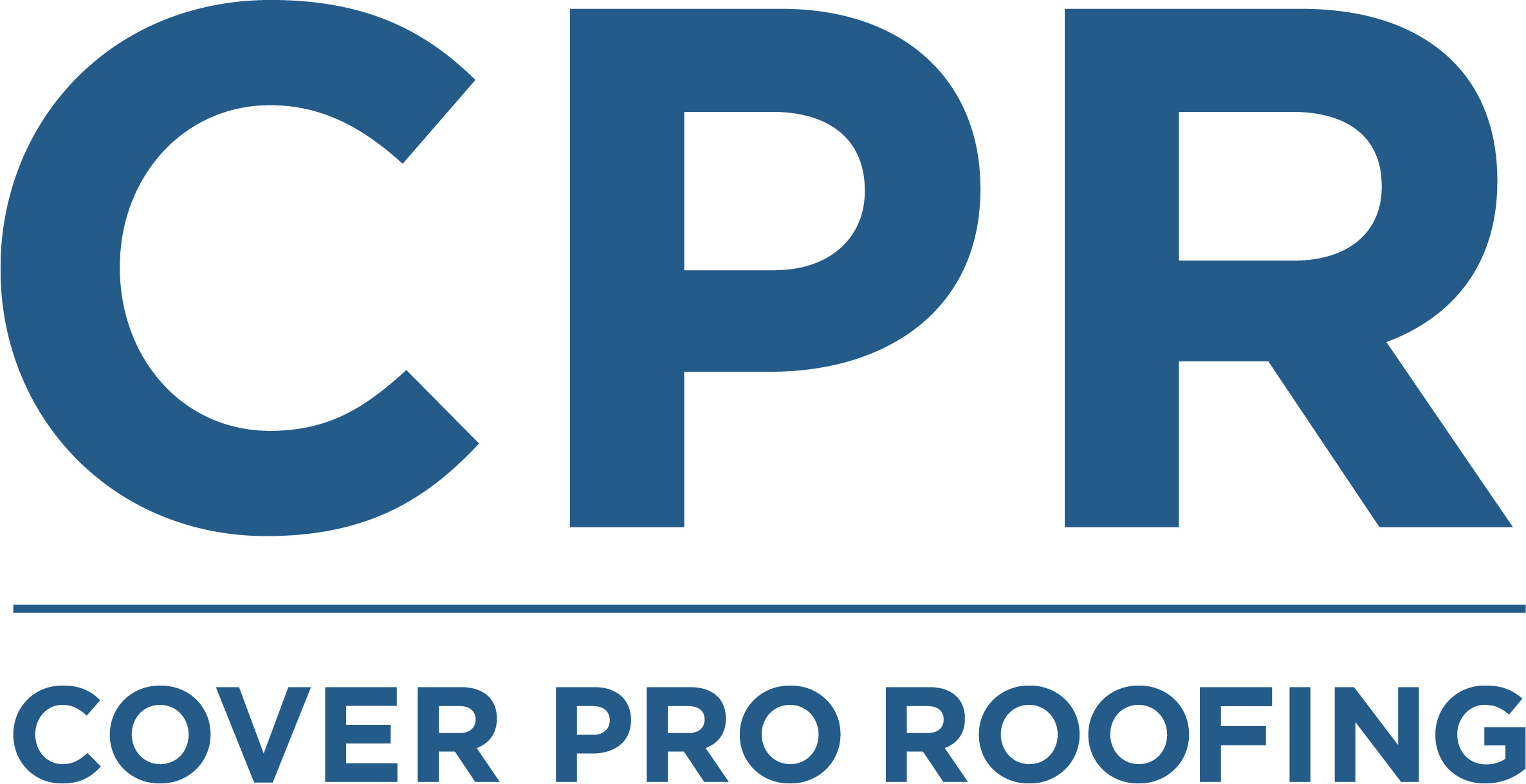Single-ply roofing systems consist of a sheet membrane installed over a flat or low-slope roof deck and are most commonly used for commercial applications. We offer three single-ply options: TPO, PVC & EPDM.
TPO Systems
TPO, or thermoplastic polyolefin, roofing has been manufactured in the US since the early 1990s and is the fastest-growing option nationwide for single-ply roofs. TPO membranes are made of ethylene propylene rubber, combining the durability of rubber with the strength of heat welded seams that form a permanent watertight bond. TPO comes in a variety of different colors and thicknesses to suit your desired look and needs. A white TPO systems high solar reflectivity is an environmentally friendly choice, saving on energy consumption and monthly heating and cooling costs.
Advantages
- Durable
- Resistant to punctures, tears, high temperatures, wind, fire, chemicals, dirt, and debris buildup
- Highly reflective of UV rays for lower HVAC costs and more comfort in summer
- Flexible to withstand building movement
- Adaptable to a wide range of applications and budgets
- Environmentally friendly—Energy Star rated
- Average warranty of 20 years
Installation
TPO roofing comes in white—the most popular option because of its UV reflectivity—gray, and tan, with thicknesses generally ranging from 45 to 80 millimeters to meet a variety of needs. It can be installed using fasteners, adhesives, or ballasting. Heat welded seams make it an extremely durable and permanent bond —three to four times stronger than taped or adhered seams—resulting in a watertight roof system that will last.
EPDM Systems
EPDM, or ethylene propylene diene monomer, is a synthetic rubber compound that has been in use for commercial roofing since the 1960s. Unlike TPO & PVC, EPDM uses tape and adhesives to seal seams. However it’s proven performance, durability and long life cycle makes it a great option for many applications. With a proper maintenance program EPDM can last years beyond its life cycle adding value and peace of mind.
Advantages
- Strong and flexible
- Exceptional resistance to fire, extreme temperatures, and weather
- Environmentally sound—doesn’t pollute rainwater runoff, recyclable (and often made from recycled material), eligible for LEED credit
- Economical
- Lasts up to 40 years with regular maintenance
Installation
EPDM roofing comes in thicknesses of 45, 60, or 90 millimeters. It can be installed using fasteners, adhesives, or ballasting. The seams are sealed with an adhesive seam tape.
PVC
PVC single-ply roofing is a popular choice because of its versatility, energy efficiency, and long-term performance. PVC comes in a variety of different colors to suite the look and needs of your building. It’s resistance to chemicals and animal fats such as grease make it a good option for restaurants and factories. Over the last 30 to 50 years PVC has proven itself to be a sustainable solution for roofing projects. A white PVC roof can reduce your energy consumption and rising electric bills by reflecting up to 90% of the heat that is absorbed by your roof system. This energy savings can be shown by a decrease in your monthly heating and cooling costs.
Advantages
- Extreme durability and strength
- Heat-welded seams
- Resistant to fire, wind, chemicals, animal fats and grease
- Environmentally friendly, can be recycled
Installation
PVC comes in thicknesses ranging from 45 to 80 millimeters to meet a variety of needs. It can be installed using fasteners, adhesives, or ballasting. Hot-air welded seams make it extremely durable—three to four times stronger than taped or adhered seams—resulting in a monolithic roof system that will last.
